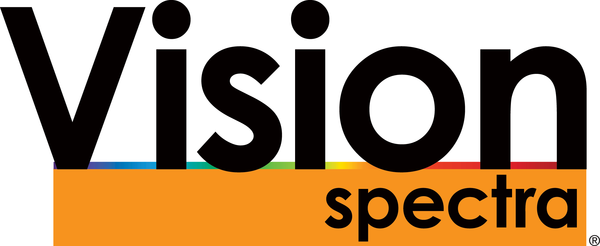Chip Simplifies Quantum Optics Experiments
A silicon chip that can process photons in an infinite number of ways could speed up development of quantum computing.Researchers say the lab-on-chip device is a step toward creating quantum computers that could help design new drugs, execute superfast database searches and perform otherwise intractable mathematics calculations that aren't possible for supercomputers.
Developed by a team from the University of Bristol and Nippon Telegraph and Telephone Corp. (NTT) in Japan, the fully reprogrammable chip brings together a multitude of existing quantum experiments and is said to be capable of implementing all possible linear optical protocols up to the size of the circuit.
A silicon-based quantum optics lab-on-a-chip. Courtesy of the University of Bristol.
The system consists of a cascade of 15 Mach-Zehnder interferometers with 30 thermo-optic phase shifters and 12 single-photon detectors.
Major barriers to testing new theories for quantum science and quantum computing are the time and resources needed to build new experiments, which are typically extremely demanding due to the notoriously fragile nature of quantum systems.
"A whole field of research has essentially been put onto a single optical chip that is easily controlled," said Bristol research associate Dr. Anthony Laing, who led the project. "The implications of the work go beyond the huge resource savings. Now anybody can run their own experiments with photons, much like they operate any other piece of software on a computer. They no longer need to convince a physicist to devote many months of their life to painstakingly build and conduct a new experiment."
The team demonstrated the chip's capabilities by programming it to rapidly perform a number of different experiments, each of which would previously have taken many months to build.
"Once we wrote the code for each circuit, it took seconds to reprogram the chip, and milliseconds for the chip to switch to the new experiment," said Jacques Carolan, a doctoral student at Bristol. "We carried out a year's worth of experiments in a matter of hours. What we're really excited about is using these chips to discover new science that we haven't even thought of yet."
The research was published in Science (doi: 10.1126/science.aab3642).
For more information, visit www.bristol.ac.uk.
LATEST NEWS
- HOLOEYE Partners with Fraunhofer IPMS on Microdisplay Nov 22, 2024
- PI Expands German Production Site: Week in Brief: 11/22/24 Nov 22, 2024
- Lightsynq Emerges from Stealth with $18M Series A Nov 21, 2024
- REMBRANDT Project Collaborators to Advance Microwave Photonics Nov 21, 2024
- Quasicrystals Create Light Vortices to Transmit More Data with Fiber Optics Nov 21, 2024
- Study Finds Laser Light Can Cast a Shadow Nov 20, 2024
- Lumicell Adds CEO: People in the News: 11/20/24 Nov 20, 2024
- AeroVironment to Acquire BlueHalo in $4.1B Transaction Nov 20, 2024
